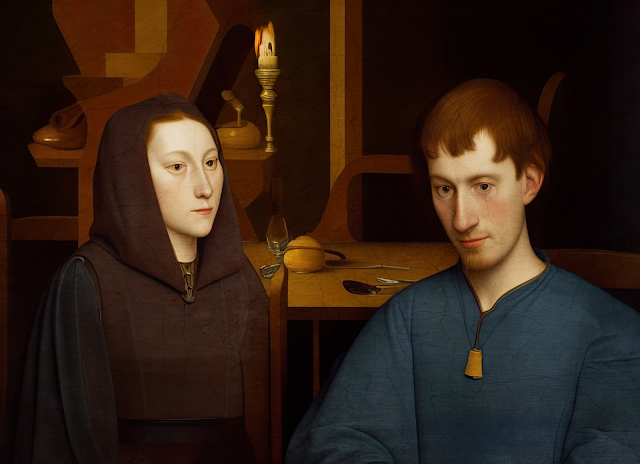By Martin Sercombe
 | |
| Herring lasses with baskets of herring. |
Herring, sometimes called ‘silver darlings’‚ are a small fish that were caught in huge numbers in the North Sea from the eighteenth century right up until the mid twentieth century.
Over the course of the year, the herring migrated to new breeding grounds, so the best place to sail from to catch them would change depending on the time of year.
Men worked on trawler ships catching the herring, but on land, it was the women‚ whose job it was to preserve them. Because there was no refrigeration, when herring were caught, they needed to be salted, smoked or frozen quickly. The herring girls typically salted their catches.
Women worked in groups of three or four, gutting and salting, each group packing one barrel at a time. The women were paid depending on the amount of barrels they finished, so it paid to work fast.
The work was all outside, so it could be freezing cold in the winter. Standing in a quagmire of mud and fish guts (imagine the smell!), the women worked with sharp knives to gut the fish, which could cause injuries. It was also extremely tiring‚ as the women had to work for as long as it took to gut and salt the whole day’s catch, which could be up to fifteen hours a day.
Herrings were over-fished by 1960 and from 1977 to 1981 fishing herring in the North Sea was banned. When fishing resumed, the herring industry no longer existed.














































